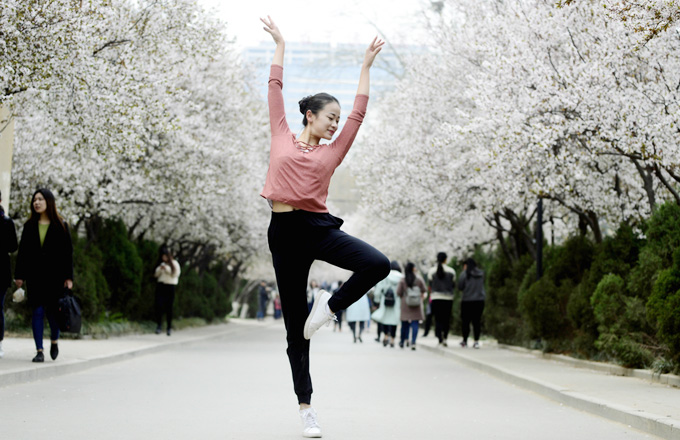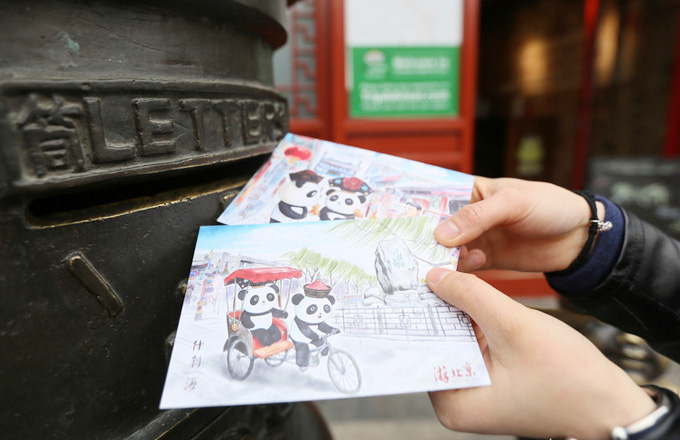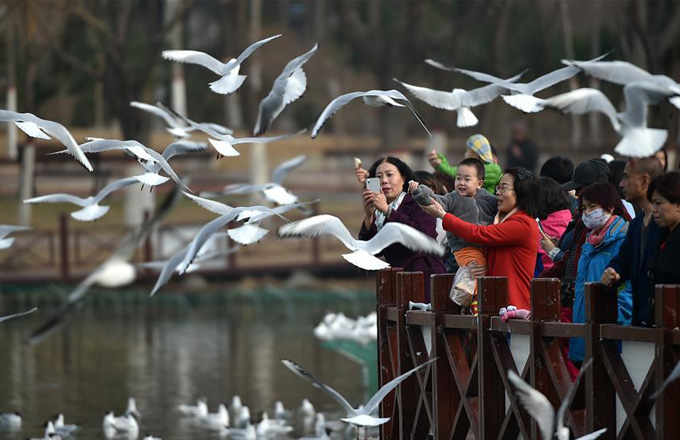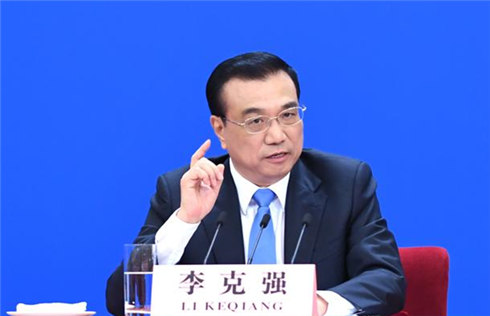China, India can manage elements of competition
SINGAPORE - China and India, the world's two largest developing countries, can manage the elements of competition in their bilateral relations, scholars said at a panel discussion in Singapore on Friday.
Sanjaya Baru, director for geoeconomics and strategy at the London-based International Institute of Strategic Studies and former spokesperson for Indian Prime Minister Manmohan Singh, said that the bilateral relations between China and India are characterized by elements of both cooperation and competition.
"But I don't think it will result in a conflict because the elements of cooperation will enable us to manage the elements of competition," he said.
Huang Jing, director of the Center on Asia and Globalization, a unit of the Lee Kuan Yew School of Public Policy at the National University of Singapore, said that the rise of both India and China are fundamentally different from the process of rising for the traditional powers.
While the rise of the world powers are all achieved through mass industrialization, the rise of the two neighboring developing countries has not come with the ability to deploy their military power far beyond their borders, he said.
In addition, the rise of the major powers had been traditionally characterized by their "having to challenge the existing international order".
"China and India has not challenged the international order and they try to integrate into the international order," he said.
Instead the two neighboring developing countries share common challenges in environment, the restructuring of global financial order as well as the management of their differences over issues including the border.
Kanti Bajpai, vice dean of the Lee Kuan Yew School of Public Policy, said that the idea of China and India "in inevitable conflict is open for deconstruction".
They are actually not the rivals in the traditional sense as described by some of the media, he said, adding that what is potentially worrying is rising nationalism and the role played by the media.
Two other scholars, Kishore Mahbubani, dean of the Lee Kuan Yew School of Public Policy, and Pan Jiahua, director of the Institute for Urban and Environmental Studies, the Chinese Academy of Social Sciences, said they are optimistic about the bilateral relations between China and India.
The bilateral relations between the two countries are deep and complex, Mahbubani said, adding that the Lee Kuan Yew School of Public Policy has always attached great importance to the research in this field.





















